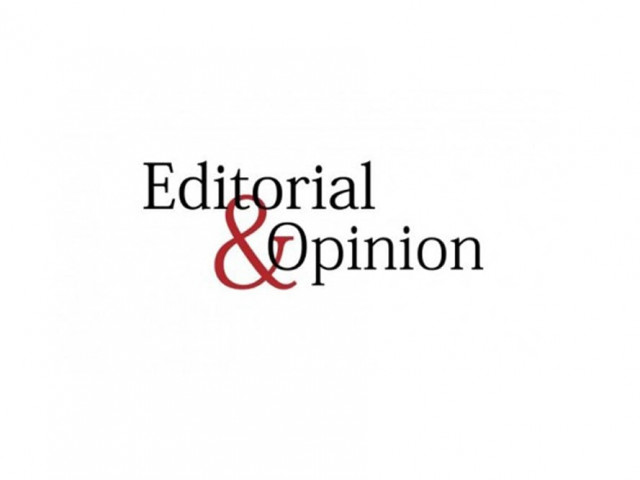Strategic aid failure
This defiance renders conditional aid ineffective.

While on the surface, aid is presented as a tool for humanitarian relief and development in conflict-ridden zones, it implicitly serves a strategic function often placed on the negotiating table to influence regimes. The same approach has been applied to the Taliban, with billions in international aid funnelled into Afghanistan since the US withdrawal in 2021. Yet, despite sustained financial assistance, the Taliban have not budged. Their repressive governance remains unchanged, raising critical questions about whether continued aid serves any meaningful purpose beyond sustaining the status quo.
According to a recent report by the Special Inspector General for Afghanistan Reconstruction (SIGAR), over 64% of US aid to Afghanistan has been routed through UN agencies and the World Bank's Afghanistan Resilience Trust Fund. While some humanitarian aid has helped prevent famine, SIGAR found no evidence that this funding has influenced Taliban policies or moderated their rule. The broader strategic objectives of counterterrorism, human rights protections and governance reforms remain unfulfilled. The failure of aid as a bargaining tool is particularly evident in the Taliban's continued crackdown on women's rights and the suppression of dissent. Unlike other regimes that have historically adjusted their policies in exchange for financial incentives, the Taliban have shown no interest in reform, nor do they appear concerned about international legitimacy. This defiance renders conditional aid ineffective, as the group has demonstrated a willingness to govern in isolation rather than compromise.
Yet, withdrawing aid entirely is not a straightforward solution. Millions of Afghans depend on humanitarian assistance for survival, and an abrupt halt could push the country deeper into crisis. The challenge lies in restructuring aid distribution ensuring that it reaches the vulnerable population without empowering any form of oppression. This may require bypassing state-controlled mechanisms and strengthening community-based and non-governmental aid delivery.














COMMENTS
Comments are moderated and generally will be posted if they are on-topic and not abusive.
For more information, please see our Comments FAQ